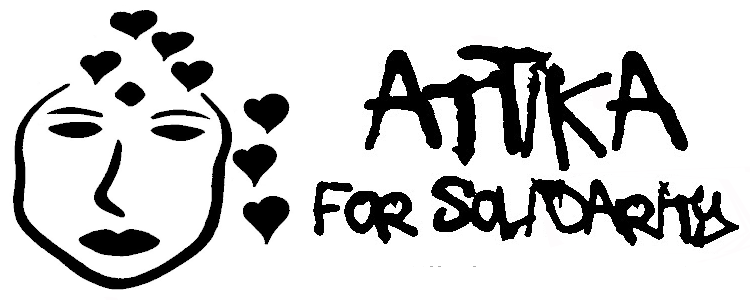On a visit to Malakasa to assess growing needs, I was confronted with the ever-increasing food insecurity. Vitamin deficiency, anaemia, malnutrition are constant factors affecting young children’s growth. Speaking to various residents of Malakasa, I was able to understand more about the living conditions inside. The restrictions on access, including X-ray machine and turnstiles make it so that only residents, administrators, and security are the ones who have access to the camp.
The residents I spoke with were willing to share their stories including that the containers used as housing are often cramped with several families and offer little protection from the elements outside; this was a recurring statement as residents fear that the containers and lack of heating will result in people falling ill with winter coming on.
This leads to the exact number of people in Malakasa constantly fluctuating as they would rather flee and face border crossings than wait for an undeterminable amount of time in a camp that lacks the necessities or provisions to maintain health.
Support in the camp is severely limited as the restrictions of NGO access and lack of sufficient cooking facilities force residents to rely on camp-provided food rations. These rations lack nutritional value and at times not suitable to eat.
This lack of sustainable intervention to ensure that food and hygiene are accessible and available to people in camps severely affects the most vulnerable residents, namely pregnant and mothers with newborns. The lack of medical intervention and knowledge of where to seek medical advice impacts the pregnant women’s prenatal care and leads to these soon-to-be mothers falling ill and not knowing where to seek help. The remoteness of Malakasa also becomes a factor hindering health as the only way to seek help and acquire food or medical provisions is to walk alongside the motorway until reaching the train station heading to Athens and then trying to figure out what organisations are where.
Engaging with residents, enabled them to share their experience of life in Malakasa and the desperate need to prevent illness. However, the issue is determining how to distribute resources to the residents. This requires communication between Attika and those who can provide some form of service to the residents who, due to restrictions, can only provide services from outside the main gate. From this experience, Attika will provide the necessary clothes, hygiene, and supplies for infants (diapers, scales, baby sleeping bags, and strollers to attempt to fill the gaps and ensure that pregnant women, babies, and their mothers are healthy.
Finally, the living conditions, lack of hygiene, and food provisions are not solely the case for Malakasa; these factors are common denominators amongst most, if not all, camps on the Greek mainland and islands.
For us to continue to respond to the growing needs of people in camps, we need donations of dried foods, strollers, and hygiene resources – be assured these will go straight into the hands of those who need them most – but we can’t do it without you! Please click on the link to donate whatever you can https://www.attikahumansupport.org/support/ or https://gogetfunding.com/KeepAttikaOpen/
